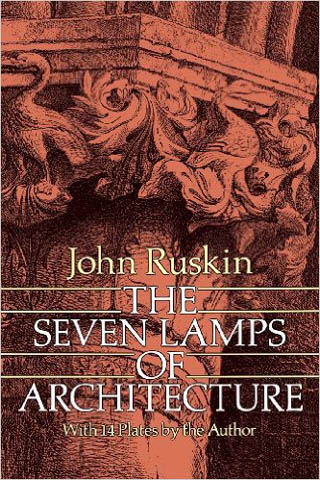Intentions in Architecture
10 October, 2016
Norberg-Schulz is a practicing architect ;his buildings stand in several countries ;and he elucidates the nature of architectural reality with a practiced eye and from a practical viewpoint. Although the methods and theory that his book develops are uncompromisingly rigorous and tightly formed, they are everywhere related to actual building, through specific examples and through the use of over 100 photographs.The structure that Norberg-Schulz has fashioned is surely one of the most impressive intellectual edifices that any architect has ever produced. The materials that are organically worked into it include Gestalt psychology, the mechanics of perception, information theory, modern analytic philosophy, and in particular, linguistic analysis, and the general theory of signs and symbols. The result, however, is not an eclectic hodge-podge ;all these materials have their place and purpose ;none is applied extraneously for “show” or purely decorative effect. And all this divergent material had to be joined according to plan within formal bounds in order to produce a theory with equally divergent applications: one that can treat not only of the aesthetics of architecture but equally well of its social, psychological, and cultural effects.The chief focus of the book is on the symbolic and linguistic. The purpose is to develop an integrated theory of architectural description and architectural intention (and this includes the intention of the user as well as that of the designer), insofar as architecture is an art.





